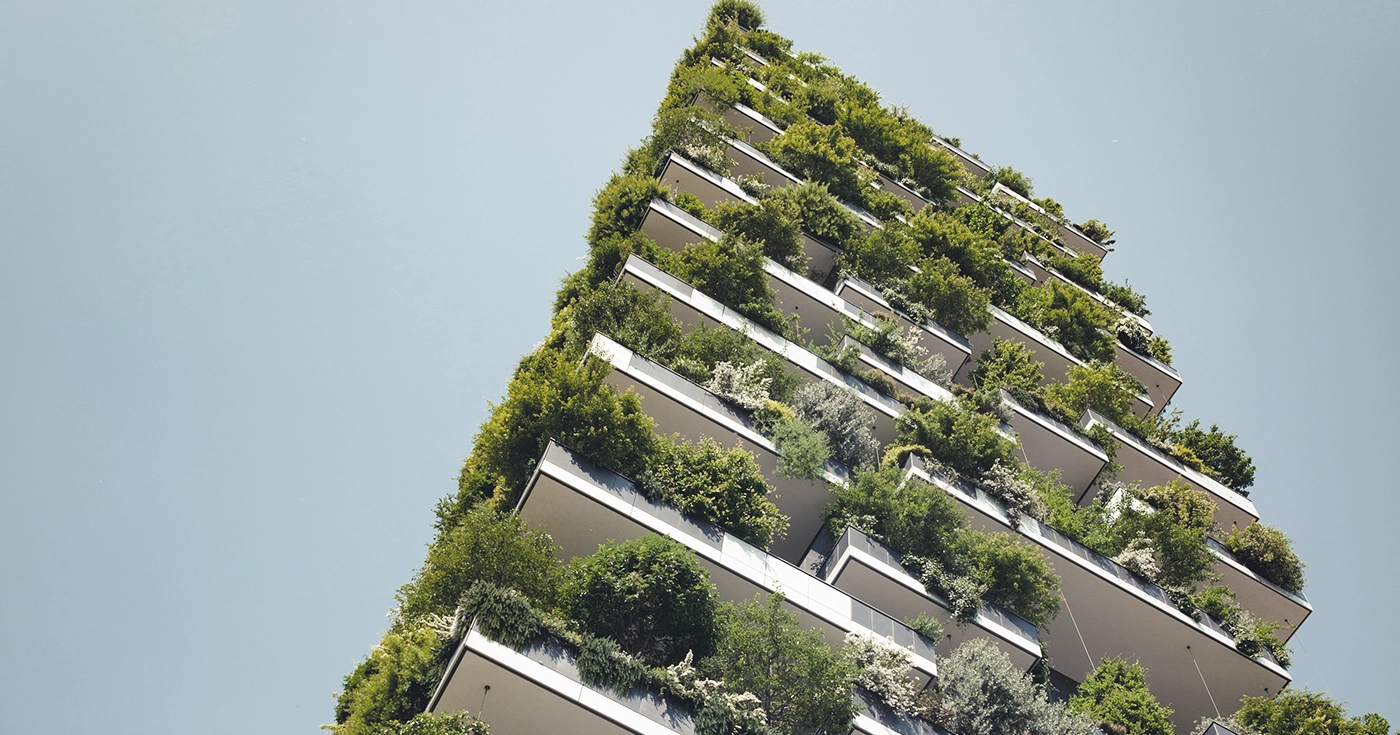
The Impact of Sustainability on Real Estate Asset Value
Last Updated on 8 November 2024 by Equipo Urbanitae
Sustainability has ceased to be a passing trend to become a determining factor in the real estate industry. Environmental concerns, along with increasingly stringent regulations, have transformed the approach to building construction and maintenance.
As a result, sustainable properties have proven to generate higher economic returns and offer competitive advantages in an increasingly demanding market. Investors and developers who commit to sustainability are not only contributing to reducing their carbon footprint but may also be maximizing the value of their assets.
Increased Value of Rent and Sale of Sustainable Housing
In terms of rents, properties with environmental certifications achieve prices 10% higher than conventional buildings. Additionally, the demand for sustainable spaces has significantly increased compared to traditional properties. This rise in demand is a response to growing environmental awareness and the desire of companies and tenants to operate in spaces that reflect their sustainability commitments.
Sustainability impacts not only occupancy rates but also the direct financial value of assets. Buildings that meet sustainability standards allow owners to increase rental prices and enhance resale value.
This shift is largely due to the fact that sustainable buildings tend to have lower operating costs, enabling tenants and owners to save on energy or water consumption. Moreover, institutional investors are increasingly focused on including sustainable assets in their portfolios, which drives demand and consequently raises prices. These certifications are perceived not only as a guarantee of efficiency but also as an investment in the future, given that environmental regulation will remain a long-term trend.
Positive Impact on Occupancy and Demand
Another revealing factor is the impact of sustainability on occupancy rates. Sustainable buildings have an 8% higher occupancy rate than non-sustainable ones. This higher occupancy reflects the growing interest of companies in improving their sustainability profile. Large companies and global corporations, increasingly committed to social responsibility, seek offices and spaces that reflect their commitment to reducing emissions and efficiently using resources. This factor not only benefits property owners, who see vacancy periods reduced, but also offers tenants a work environment that attracts talent and reinforces their corporate image.
In addition, new generations of consumers, increasingly aware of the climate crisis, are also influencing the demand for sustainable residential spaces. Young people prefer to rent or buy homes that minimize their environmental impact, creating a sustainable demand for real estate assets that meet these standards.
Long-Term Sustainability
Investing in sustainability not only enhances asset value in the present but also ensures its viability for the future. Buildings that meet environmental criteria are better prepared to withstand regulatory changes and adapt to the demands of a rapidly evolving market. Moreover, the growing interest of institutional investors in sustainable assets creates a market with greater liquidity and more favorable financing options for this type of property.
In the long term, sustainability has become a standard that has moved beyond being merely a trend. Investors who do not consider these factors in their decisions risk being left behind in an increasingly competitive and future-oriented market.
Conclusion
The impact of sustainability on asset value is profound and significant, extending beyond mere economic gains. The ability of sustainable buildings to generate higher rents, reduce vacancy periods, and sell at higher prices makes them an attractive option for both investors and tenants. Additionally, sustainability ensures that real estate assets will maintain their value in an increasingly stringent regulatory environment. Ultimately, for investors, opting for sustainable assets is not only a strategic decision but an investment in the future of the real estate market.

